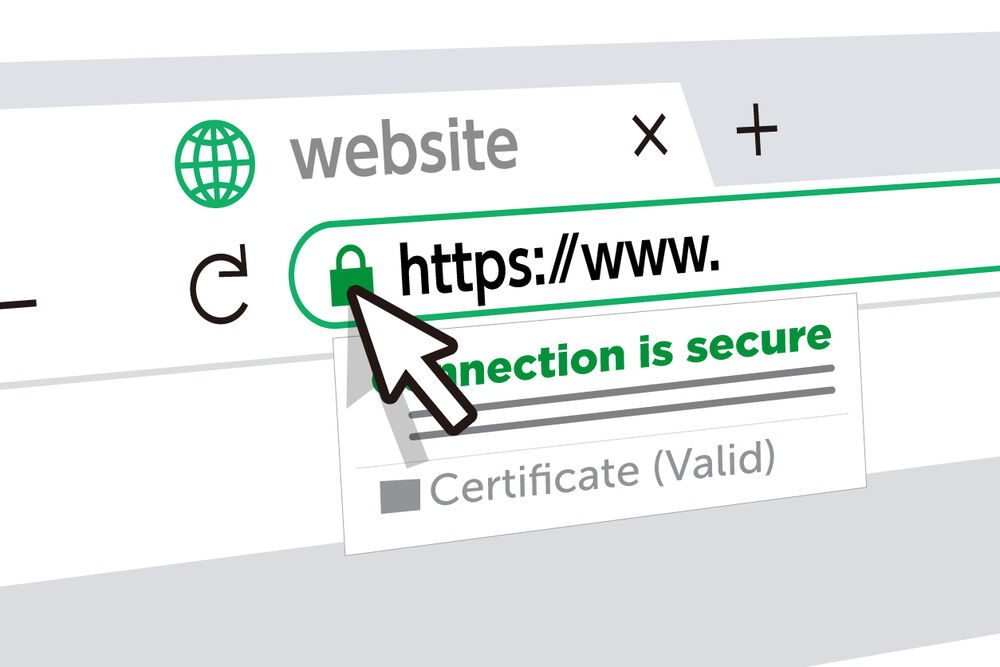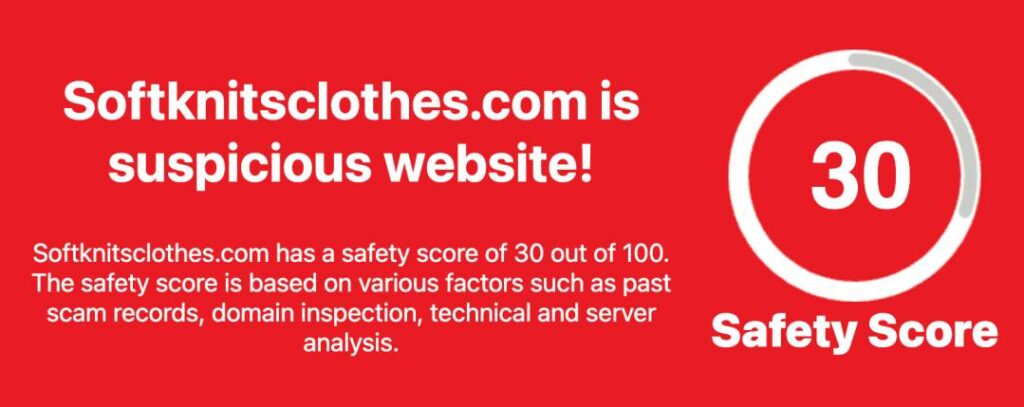In the last few years, there has been a smooth increment in the popularity of Cloud Gaming. For Cloud Gaming browsers play a major role, as they provide the interface to access and download games.
But browser titles aren’t exactly high on the list in terms of popularity or revenue.
The vast majority of gamers today aren’t worried at all about browsers. Many have hardware like consoles, handheld consoles and VR setups that have minimal browser capabilities. Instead, they’re focused on downloading or, as Cloud gaming develops, streaming their favorite titles.
Still, that doesn’t mean the browser is entirely defunct.
Some of the most innovative and playable titles ever released are available via browsers—just like they have been for decades. Whether playing an old hit like Slither.io or trying to battle your way through a strange text-based survival adventure like A Dark Room, you’ll have a solid range of options.
While some browser games are now seeing a comeback as retro hits.
But before you dive in, stay safe with our browser gaming tips. Below, we’ve got four of the most tried-and-true ways to protect yourself when gaming via browsers.
Let us share crucial tips for Safer Gaming via Browser.
Jump To ⇢
1. Only Play & Download from Reputable Brands
When you’re seeking out titles to play or download via browsers, you need to stick to the brands, companies, and blogs you know.
Let’s take a look at an example of online poker. Those who focus on real money poker most often download software to get started, while others who just want to use play money might stick to browser-only platforms.
Regardless of your preference, do a bit of research before downloading or playing.
A top-tier brand in poker will list its licenses, regulatory affiliates, and third-party partners on every page (usually toward the bottom). They also have pages dedicated to player security, allowing you to dive deep into each brand’s cyber security approach.
2. Level-Up Your Browser
If you’re struggling to verify the website that you want to game on, then another great way to streamline your security practices is to be more selective about which browser you download.
In case you’re uninitiated in the world of browsers, some have more stringent approaches to things like data collection and advertising.

Given that many PC gamers already focus on gaming-centric browsers, this information isn’t difficult to find. Some of the most popular obscure names amongst PC gamers are Opera GX, Brave, and Avast Secure Browser.
However, you’ll be happy to hear that more well-known browsers like Mozilla Firefox and Iridium Browser are also great choices. You probably already have the former downloaded onto one of your devices.
3. Use a VPN
A VPN is a virtual private network, which is designed to hide the network that you’re using. This is done to protect your personal data and information. Every single interaction is encrypted, meaning your information can’t be exploited, collected, or sold.
Though VPNs aren’t absolutely foolproof when it comes to protecting data, they’re a robust way to make any third party think twice before trying to co-opt your identity or other information. However, it’s also important to consider latency.
VPNs tend to slow down your connectivity, which could be disastrous if you’re playing a high-latency game. For that reason, you may want to focus on gaming-first VPNs.
4. Look for Licensing, Reviews, & URL Badges
Lastly, we’re going to circle back to our original point.
When we brought up the example of poker, we pointed out that reputable brands will go to great lengths to highlight their security outlook and licensing/regulatory certifications.

One great way to know if this is necessary is to check if a website has the ‘https://’ prefix and an SSL certificate. Lacking one or both of those is usually a red flag.
5. Use Web Safety Checker
You can do this with just about every website—whether or not they have a large number of visitors.
You can use Web Safety Checker, which scans URLs for malware, blacklisting, and more.

These website safety checkers provide detailed reports on one click for free. It includes analysis of any website based on various aspects such as technical, social, server and past scam records.
